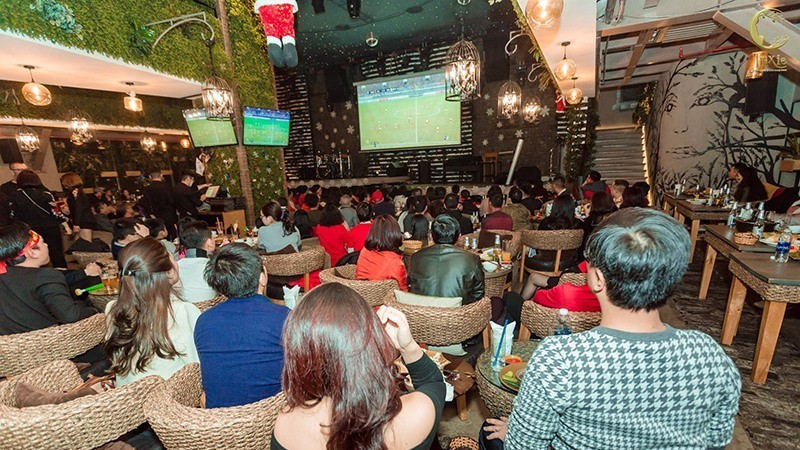
Ad frequency management
According to Deputy Director of the Department of Grassroots Culture, Family and Library (Ministry of Culture, Sports and Tourism) Nguyen Quoc Huy, the regulation on limiting the number of ad breaks is one of the important innovations, clearly demonstrating the spirit of "taking the audience as the center" in advertising management activities.
In many entertainment programs or movies in the past, advertisements appeared with high frequency, causing viewers to be emotionally disconnected, no longer fully enjoying the experience. The issuance of new regulations will help to overcome this situation, towards a more civilized and pleasant television environment.

Deputy Director Nguyen Quoc Huy also said that the impact of this policy is reflected in two aspects. Regarding the quality of broadcasting, television stations are forced to restructure the program duration scientifically , respecting the content and integrity of the work. Controlling the frequency of advertising not only helps improve the quality of content but also creates more professional and synchronized media products.
From the viewer’s perspective, this is an important step forward in protecting the interests of the audience. When advertising is controlled, viewers will enjoy seamless, uninterrupted programming, thereby increasing satisfaction and attachment to mainstream TV channels.
This is a humane and cultural adjustment, contributing to building a healthy media environment, while affirming the role of state management agencies in protecting the legitimate rights of the public, the ultimate beneficiaries of advertising activities.
Thus, the impact of this regulation does not stop at “reducing advertising” but also opens up opportunities for stations to innovate content, exploitation methods and forms of expression. Mr. Nguyen Quoc Huy believes that tightening advertising frequency is not a burden but a driving force for Vietnam’s television and advertising industry to transform in a more professional and sustainable direction.
Accordingly, TV stations can diversify advertising forms instead of just interrupting the program to broadcast commercials in the middle. Program sponsorship, subtle brand integration in the content or contextual advertising are suitable solutions that are both effective and do not interrupt the viewer's emotions. When the program is of good quality and attracts the audience, the advertising value also increases naturally, helping to balance economic benefits and content value.
To ensure harmony between the interests of broadcasters, advertising businesses and viewers, there needs to be synchronous coordination in both policy and implementation. State management agencies will continue to improve the legal framework, increase the effectiveness of post-inspection, and strictly handle violations to ensure deterrence; at the same time, encourage innovation in advertising activities, creating conditions for businesses to develop forms that are suitable to the culture, tastes and reception habits of the public.
Clearly, focusing on the interests of the audience is the way to concretize the Party and State's major policy on developing Vietnamese culture and people. When viewers are respected, advertising is no longer an "interlude" but becomes a part of a modern, civilized and valuable media product.
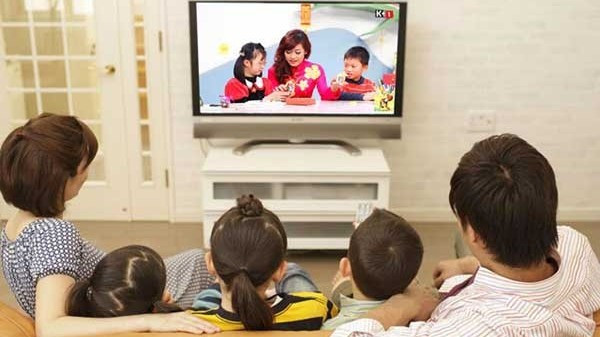
Putting audience interests at the center
Dr. Le Hong Diep (Hanoi National University) shared that she loves art programs broadcast on television, but many times she feels uncomfortable when watching an emotional performance or a big program interrupted by irrelevant advertisements. There are times when she feels like the station "broadcasts advertisements indiscriminately", significantly reducing the value and meaning of the program.
According to Dr. Hong Diep, the issuance of regulations limiting advertising frequency is a positive signal, helping advertising activities become more civilized and respectful of viewers. However, for the regulations to truly come into practice, there needs to be close supervision, avoiding the situation of applying them as a formality or only applying them to special programs.
For entertainment programs and movies, reducing the number of advertisements will help the audience have a better experience and enhance the prestige and appeal of television. An effective television program should not only be viewed from an economic perspective, but also in its role in spreading culture, education and civilized behavior in society.
Meanwhile, Mr. Luong Hoang Nghia, Deputy Head of the Department of Science, Culture and Arts (Propaganda and Mass Mobilization Department of Tuyen Quang Provincial Party Committee) also said that inserting too many advertisements into entertainment programs or movies has long disrupted emotions, causing viewers to gradually lose sympathy for television. When audiences leave traditional channels to find online platforms such as YouTube or Netflix, which have more seamless content and fewer advertisements, television will lose its inherent advantages.
When advertisements are placed appropriately, subtly and in line with the content of the program, the audience will no longer feel bothered and will even receive them more positively. “Television can only retain its audience if it respects them. Once the audience feels respected, they will return to the screen, not out of habit, but out of true trust and love,” said Mr. Hoang Nghia.
Therefore, tightening the frequency of advertising is the right and necessary step. That will protect the rights of viewers, and at the same time help TV stations balance economic benefits and social responsibility. According to Mr. Nghia, this new regulation will help TV "regain the trust" of the audience, especially in the context of fierce competition with digital platforms.
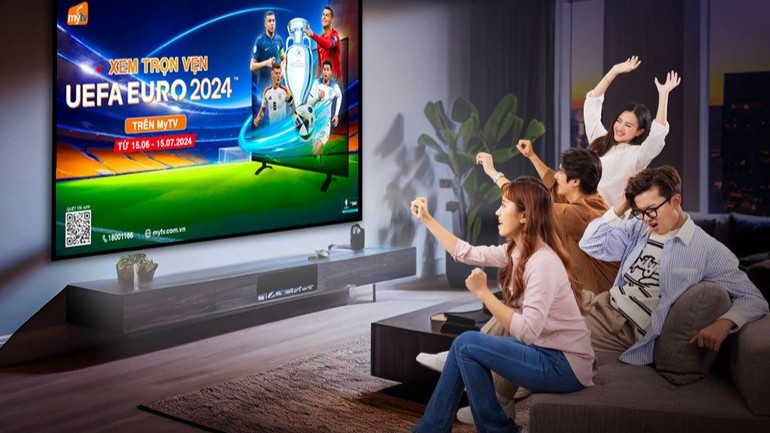
The issue of advertising restrictions is seen as a re-arrangement of broadcast time, and more deeply, the way the stations see the audience as companions, not “passive viewers”. Creating a seamless, uninterrupted experience is the way for television to affirm its identity and cultural values in the era of open media.
A well-made program, broadcast properly and not "chopped up" by advertisements, will make viewers appreciate it more, and advertisers will also achieve higher efficiency thanks to linking their brand with quality content. It is a harmony that all 3 parties: the station, the business and the audience benefit from.
Providing the audience with a seamless viewing experience, respecting their emotions and time is both a professional courtesy and a measure of a civilized media. And when that becomes a general principle, television will no longer have to fear being “inferior” to digital platforms, but on the contrary, will maintain its worthy position in the cultural and spiritual life of today’s people.
Source: https://nhandan.vn/buoc-dieu-chinh-can-thiet-de-quang-cao-tien-hinh-van-minh-va-chuyen-nghiep-hon-post915684.html


![[Photo] Collecting waste, sowing green seeds](https://vphoto.vietnam.vn/thumb/1200x675/vietnam/resource/IMAGE/2025/10/18/1760786475497_ndo_br_1-jpg.webp)

![[Photo] Closing ceremony of the 18th Congress of Hanoi Party Committee](https://vphoto.vietnam.vn/thumb/1200x675/vietnam/resource/IMAGE/2025/10/17/1760704850107_ndo_br_1-jpg.webp)


![[Photo] General Secretary To Lam attends the 95th Anniversary of the Party Central Office's Traditional Day](https://vphoto.vietnam.vn/thumb/1200x675/vietnam/resource/IMAGE/2025/10/18/1760784671836_a1-bnd-4476-1940-jpg.webp)


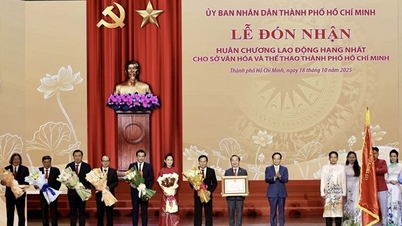
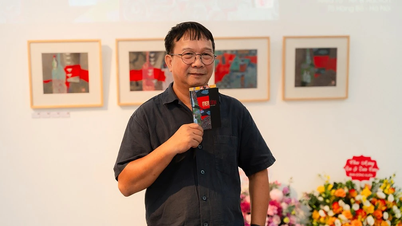



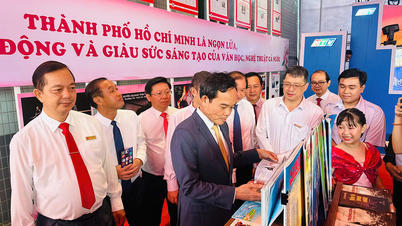





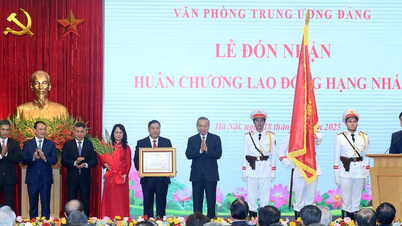

![[Photo] Collecting waste, sowing green seeds](https://vphoto.vietnam.vn/thumb/402x226/vietnam/resource/IMAGE/2025/10/18/1760786475497_ndo_br_1-jpg.webp)
![[Photo] General Secretary To Lam attends the 95th Anniversary of the Party Central Office's Traditional Day](https://vphoto.vietnam.vn/thumb/402x226/vietnam/resource/IMAGE/2025/10/18/1760784671836_a1-bnd-4476-1940-jpg.webp)





































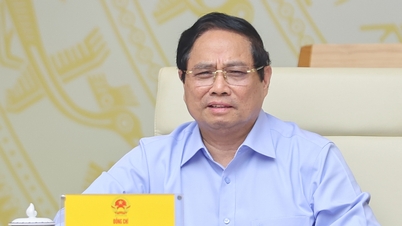
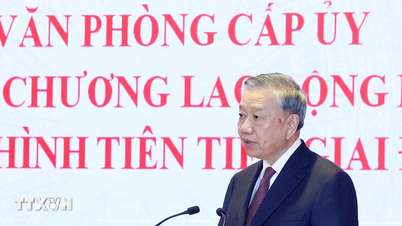

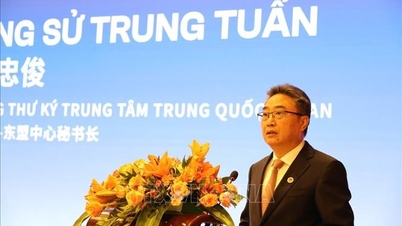
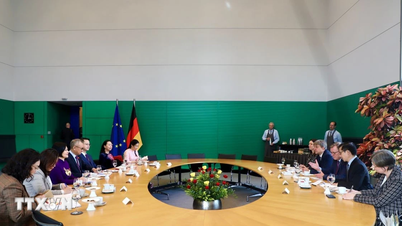














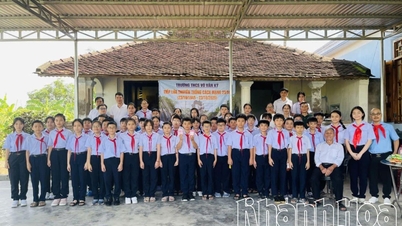
















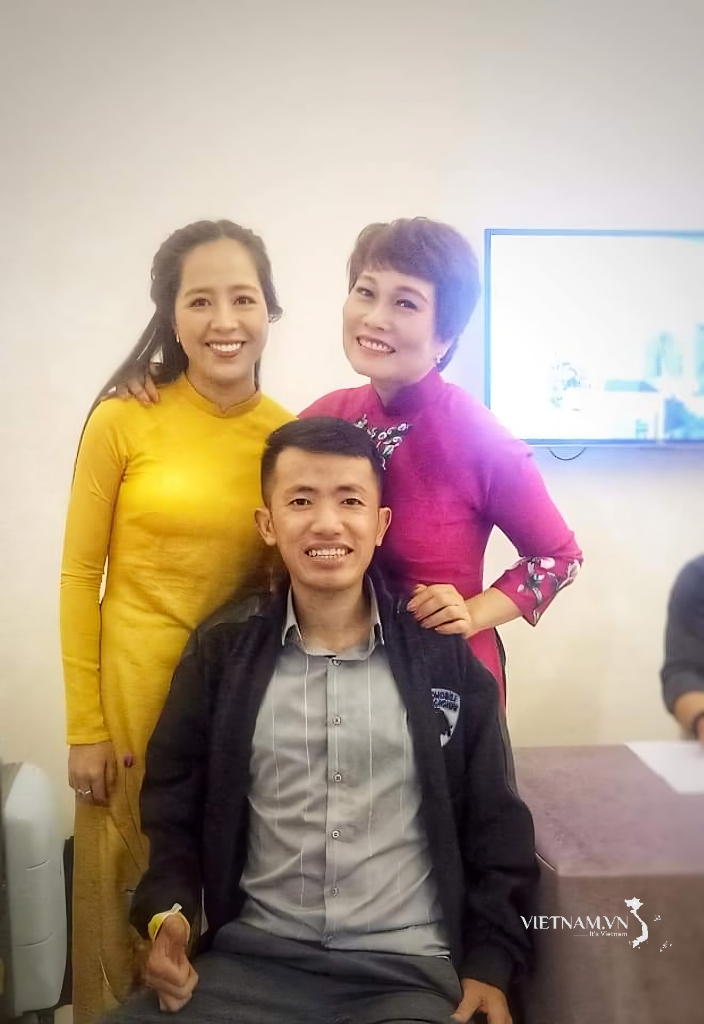

Comment (0)